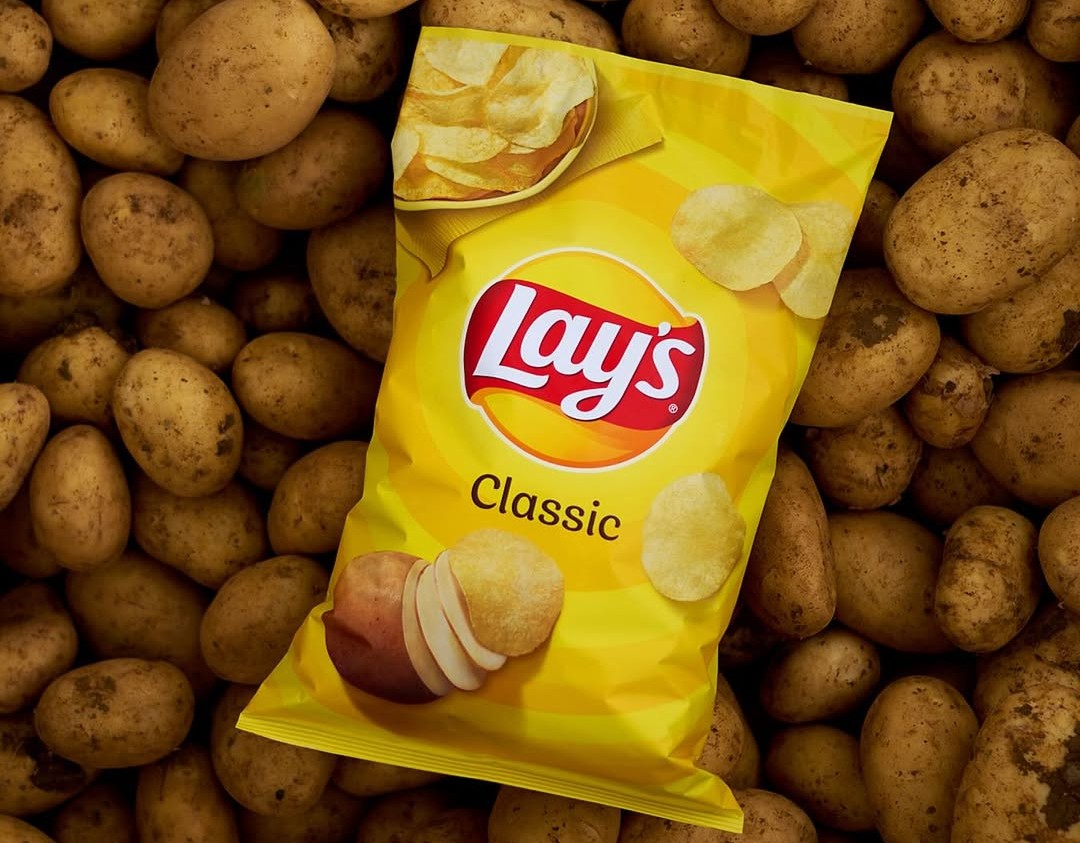Dear reader, we present to you our beauty columnist Inessa Tsarkova!
Inessa is an active nutritionist, gastroenterologist, therapist, naturopath and aromatherapist, health coach, integrative medicine doctor with a holistic approach. And now he will share with us his knowledge in the field of both physical and mental health, nutrition and much more.
In our last article, we talked about which foods seem to be healthy, and today we will talk about how habits that seem natural to us actually harm our health.

Inessa Tsarkova
“We are slaves to our habits. Change your habits, your life will change…” – Robert Kiyosaki, an extraordinary figure, motivational speaker, active and successful person, once said. Moreover, our life is such that these small, unnoticed actions that we perform every day affect our well-being and health more than anything else. It confirms time and time again that it has a huge impact.
Today we’ll look at the five most common eating habits and how they need to be changed.
First habit: Replace clean water with other drinks (tea, coffee, juices, etc.).
“Water was given the magical power to become the water of life on earth,” wrote the great Leonardo da Vinci. Interestingly, when a child is born, his body contains more than 85% water, which decreases to 50% as he gets older. Thus, health, youth and life are lost along with water. Water has many functions in the body, but the most important of them are structural and cleansing. We must not forget that our cells, blood, lymph, bile and other fluids are composed of water (not tea and coffee) and that they work well thanks to it. And that any drink must first be purified by supplying water to our cells. And our body spends a lot of strength and energy on this. And as a solvent and cleaner, it is pure water that gives the best result, especially hot water (the optimum temperature is 38-40 degrees – the temperature of hot and not scalding tea). Such water can well cleanse our intestines from everything unnecessary (remember what kind of water you washed the dishes with) and will help the rapid absorption of nutrients dissolved in it. Nature, creating our body, did not even imagine that we would completely forget about clean water and start eating dehydrated food, causing irreparable harm to our health. Even the feeling of thirst is triggered not by the desire to drink water immediately, but by the fact that the deficiency becomes critical. So if there is a lack of clean water:
- blood thickens and flows poorly through the vessels;
- lymph thickens and does not cope well with its cleansing function (metabolic products accumulate, swelling occurs and weight increases);
- bile thickens, leading to stone formation;
- With a lack of intra-articular fluid, joints begin to be damaged and hurt;
- The brain works worse and impulses are transmitted in the nervous system;
- the skin becomes loose and wrinkled.
So, let’s quickly change this habit and start drinking clean hot water (for this it is more convenient to use a thermal mug or thermos) according to the following principle: 1-2 or more glasses on an empty stomach immediately after waking up in the morning and one glass 15-30 minutes before meals. It is important not to drink drinks (and this also contains calories) during and after meals (up to 1/2 glass of clean hot water is allowed so as not to greatly dilute the concentration of gastric juice), but to drink “trickle”. , with small sips between meals throughout the day.
Second habit: eat at night
Not only we but also our digestive system needs rest at night.
At night, digestive juices are practically not produced, and the work of the stomach and intestines slows down. Therefore, food eaten at night has an increased likelihood of being poorly digested, lying in the stomach or intestines all night, undergoing fermentation and decay processes. Our cells will not be fed, but our “competitors” (pathogenic microbes, fungi and parasites), on the contrary, will feast and actively multiply. Activation of endoaggressors will lead to:
- inflammatory processes in the gastrointestinal tract;
- allergies;
- dermatitis;
- autoimmune diseases;
- chronic inflammation, sclerosis and oncology;
- depression and apathy (one day I will definitely tell you about the influence of the gut-brain axis on our mood).
Additionally, this habit contributes to the deterioration of our hormonal health. Insulin, released in response to food intake, competes with our nocturnal hormones (melatonin and somatotropin) and disrupts their functioning. But night hormones have many tasks: “repair” internal organ cells, help us build new muscles, rejuvenate our body, restore the normal functioning of the nervous system and even “burn” visceral fat, making us slimmer by morning.
So let’s change this habit quickly: We try to go to bed early and have dinner 3.5-4 hours before bedtime. Then the food will be digested calmly, and night hormones will work perfectly and your figure will not suffer!
Third habit: Eat on the go, chew less
How often do we rush somewhere without having time to eat in peace… We are ready to do anything all day long, completely forgetting about the needs of our body.
We already know that the sympathetic nervous system is activated to the maximum level during our activity, but the activity of the digestive system stops during this period. When eating in a hurry and on the run, we must remember that in such cases the food has almost no chance of being well digested and absorbed. And again, we will feed our competitors, the endoaggressors, not our own cells.
“Square” breathing helps to calm down and relax before eating, activates the work of the parasympathetic system: inhale for a count of 4-6, also hold your breath for a count of 4-6, exhale slowly for a count of 4-6 and again for a count of 4. count up. -6 counts – holding your breath. It is very useful to do 4-5 such breathing cycles before eating (after drinking a glass of hot water). We chew very little in a hurry.
But chewing food thoroughly (optimally 25-30 times):
- activates the production of digestive enzymes in the stomach and duodenum;
- prepares food bolus by saturating it with moisture;
- triggers the digestion of complex carbohydrates (due to salivary amylase);
- facilitates the functioning of the stomach and intestines to digest and assimilate food;
- takes care of the normal condition of the intestinal walls and villi;
- improves nutrient absorption;
- It helps maintain balance in the intestinal microbial kingdom.
So let’s start changing this habit: Take a special time for meals, eat calmly, enjoy the food and chew each bite 25-30 times.

Fourth habit: Finish your meal with dessert and snack on a cookie with tea or coffee.
If you want to eat something sweet after a meal, this either means that the food does not give you much pleasure, or the body does not have enough energy for digestive processes. The latter is due to many factors such as:
- poor eating habits (“eating” stress, desire to eat large portions at once, and poor chewing);
- unbalanced food composition;
- incorrect (complex) combination of products;
- The activity of pathogenic bacteria and fungi that “order” food for themselves by secreting special substances that affect our brain and appetite.
It is important to realize the consequences of this habit: due to complex combinations of foods, enzyme systems are overloaded, the food eaten is poorly digested; The pancreas works hard; due to excess sugar, the sensitivity of receptors to insulin decreases (which can lead to diabetes); waist and weight gain; the skin deteriorates; Digestive system diseases develop.
To maintain your form and health, it is better to follow the recommendations of Ayurvedic medicine: you should start your meal with something sweet (for example, eat a few dates), but it is better to finish it with something bitter (onion, garlic). , radish, white cabbage or arugula).
Snacks (especially pies and desserts), among other things, are not healthy because they deplete reserves of digestive fluids. It is optimal to eat three meals, spaced 3.5-4 hours apart during the day. So let’s turn on awareness and start changing this eating habit too!
Fifth habit: Looking at the TV, phone or computer while eating
Unfortunately, this habit is very common. By being distracted by other things while eating, we activate the sympathetic nervous system, disrupt digestion, and eat more than we need (we miss the feeling of fullness). This can cause health problems and excess weight.
Our body is the home of our soul in this life.
By being more conscious, paying due attention to the body and taking care of it every day, we can not only increase its “usage” time, but also make it more beautiful and healthy.
Source: People Talk
I’m Roger Gritton, and I’ve been writing for the The Fashion Vibes for over 5 years now. My specialty is beauty news; I’m passionate about covering the latest trends, products, and innovations in the industry. In my time there, I’ve become known as an authority on all things beauty-related.
I love discovering new experts to interview, researching up-and-coming ingredients and techniques that are making their way onto our beauty shelves and highlighting people who are making a difference in the world of cosmetics. My work has appeared not only on The Fashion Vibes, but also several other publications including the New York Times Magazine, Allure Magazine and Refinery29.





